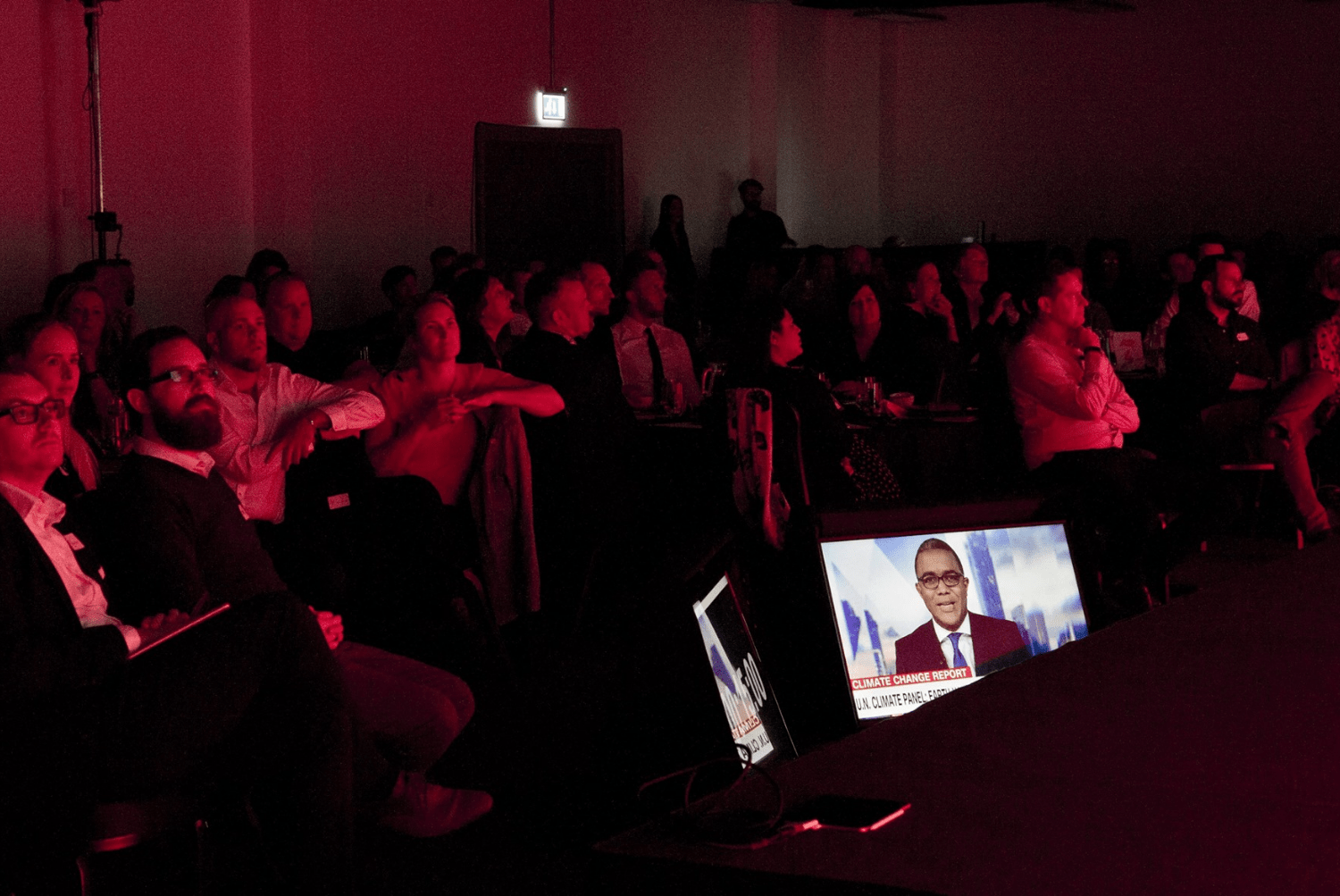 Back to News Room
Back to News Room
News

What is event marketing and is it important?
Annually the events industry in the UK is estimated to be worth approximately £70 billion and supports 700,000 jobs. Of this, conferences and meetings have the highest percentage value, earning £18.3 billion through direct spend with music events sitting in a close second at £17.6 billion. Not only does this highlight the financial significance of successful event planning and execution, but it draws attention to the use of event marketing strategy to successfully promote products and companies.
Before the pandemic, we published an article on The Importance of Event Marketing which explored in detail key elements of event marketing strategies. Since then, the events marketing landscape has evolved and continued to thrive despite local and national restrictions.
What is event marketing?
Event marketing is a strategy that leverages the more interactive elements of your marketing mix. Companies can host or facilitate events, experiences, and exhibitions that potential customers interact within which increases their awareness of products, services, or brands.
In-person, hybrid, and virtual event marketing:
While in-person event marketing can include pop-up shops, live conferences, and networking events, virtual event marketing can also be a bespoke platform that can host booths, sessions, networking or virtual team building.
Despite the difference in needs of in-person audiences vs virtual audiences, there is also very little variation in the effectiveness of virtual and hybrid events in comparison to live events when included in a successful marketing strategy. Throughout the pandemic there had been a higher demand for virtual event marketing rather than its in-person counterpart.
However, as restrictions have begun to ease and the world is cautiously returning to normality, there has been an increase in hybrid event opportunities where attendees can be present at host locations or digitally.
Experiential marketing
Sometimes event marketing can be called experiential marketing, however, with the experiential version the emphasis is placed on positioning the attendee as the central focus.
Experiential marketing enables consumers to not just buy products or services from a brand but to actually experience the brand. Emotional connections between the brand and consumer are created through memorable and unique experiences.
For example, at a conference, hosting multiple speakers across different stages and a constantly open space for networking can provide attendees with the ability to choose what they want to do. This freedom of choice can create a bespoke event experience based on what the individual sees as fitting for their own aims.
Do I need to incorporate event marketing into my strategy?
A study conducted by Bizzabo revealed that 95% of marketers feel that hosting a live event influences the achievement of a business’ primary goals. The same study indicates that 93% intend to invest in virtual events and 60% believe that a hybrid event solution will play a significant role in their marketing strategy. But, what are the benefits to facilitating an event marketing strategy?
Benefits of event marketing
There are many benefits to using events within your marketing mix. From hosting a conference to installing a temporary exhibition, event marketing can:
- Encourage Lead Generation.
- Develop Audience Engagement.
- Enhance Brand or Product Reach.
- Extend Email and Social Media Marketing Potential.
- Inform Content Strategy — what are your audience actually interested in?
- Present Opportunities for Collaboration or Partnership with Complementary Companies.
Get in touch!
Whether you have a question or want to learn more about our event services, First Event is here for you. Get in touch today for help with your next event by heading to our contact page for more information!









